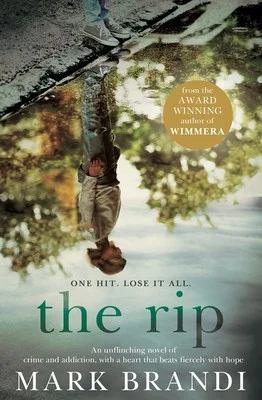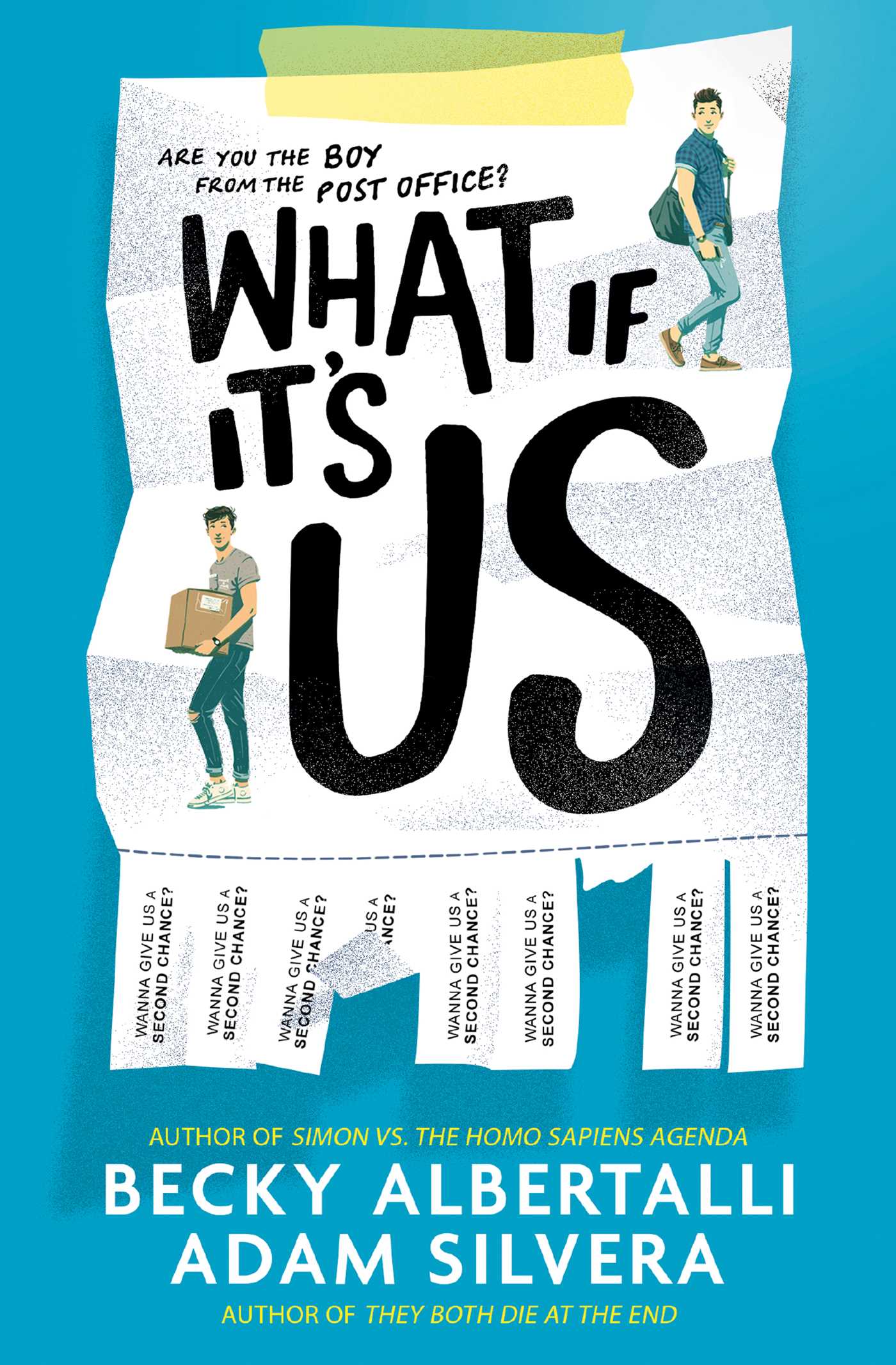Reviewed by Simon McDonald
A deliciously engaging exploration of love, parenthood and belonging, The Place on Dalhousie charts familiar fictional territory, but Melina Marchetta’s inimitable artistry elevates the novel far beyond the sum of its parts into one of my favourite books of the year.
It opens in 2009, when Rosie meets Jim — “SES Jesus”, as Rosie thinks of him, because of his orange overalls and facial hair — in a town that’s about to be flooded by the Dawson River in Queensland. She’s been in town for five weeks now, caring for a cantankerous old lady named Joy Fricker, and recovering from the abrupt departure of her boyfriend, Luke. She’s not looking for a relationship, but partakes in what she assumes is casual sex, ignoring her burgeoning attraction to this stranger, not just to his body but his personality, his genuineness.
Two years later, Rosie has returned to her family home on Dalhousie in Sydney, that her father, Seb, was in the process of rebuilding, but never completed. In his place is Martha, who married Seb less than a year after the death of Rosie’s mother, and who Rosie can’t help but loathe. It is a house they both lay claim to; a place neither can let go of. But beyond their mutual enmity, both women have other issues plaguing their lives; Rosie is coping with the living, breathing consequence of her liaison with Jimmy (who is about to re-enter her life); and Martha is battling to come to terms with the total upheaval the death of Seb had upon her existence.
This is a book with so much heart, and traverses such a rich emotional landscape, with a deftness rarely displayed. Hard to put down, impossible to forget, The House on Dalhousie is one of those precious books you don’t want to end. I would’ve happily spent another 300 pages with Rosie, Jimmy, Martha, Ewan and co.








